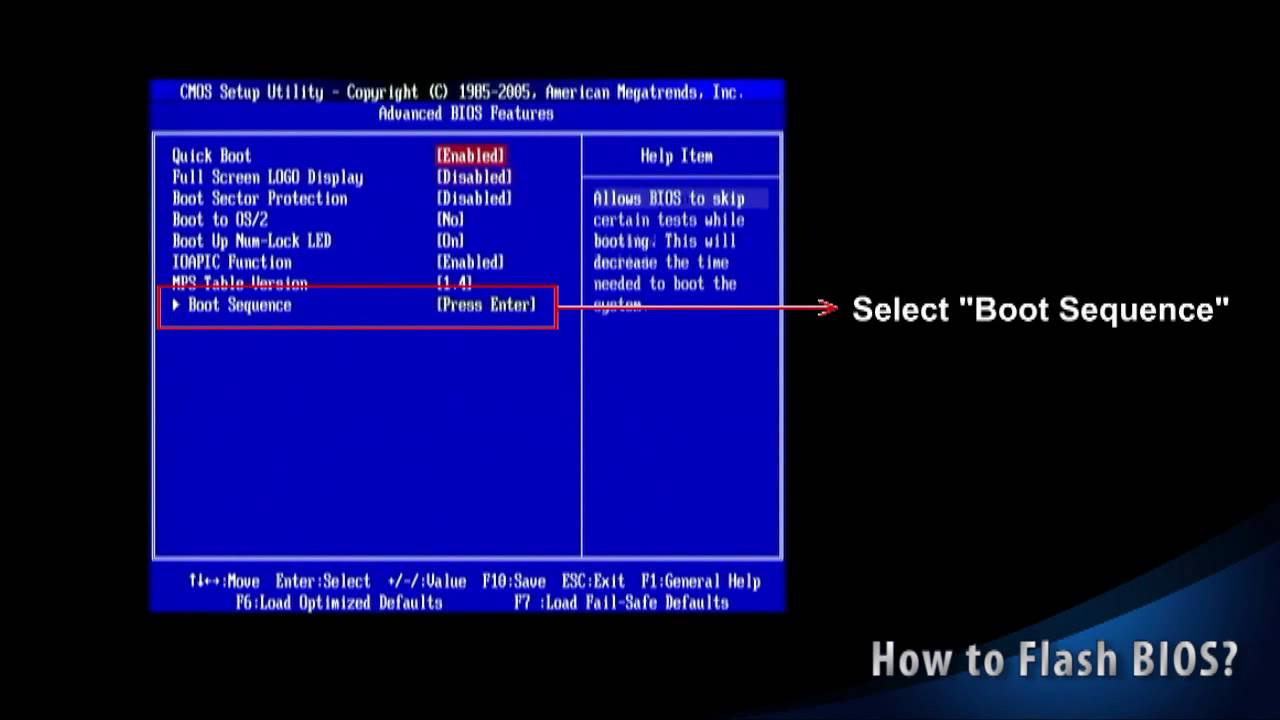
Keywords : alternative dispute resolution, village shalish, village disputes IntroductionĪlternative Dispute Resolution (ADR) refers to any kind of extra-courtroom means of settling disputes, including negotiation, conciliation, mediation, arbitration, different local mechanisms, etc. The major challenges the system has faced are interference by politics, lack of documentation, and lack of a legal basis. However, the most common types of disputes resolved by Shalish are family disputes, land disputes, arson or other kinds of violence, stealing or robbery, etc. There are no specific conditions or criteria for being a member of the Shalish board. On the other hand, the bottom-up process stresses that the Shalish may be initiated from the beneficiary end. The top-down process stresses that the Shalish may be initiated by village leaders. Generally, two types of processes can be observed, which are top-down processes and bottom-up processes. The study shows that the villagers still rely on the system confidently. To collect the secondary data, information has also been collected from relevant websites, journal articles, and books.

In this context, experienced village leaders (Matobbor) and beneficiaries of the Shalish system in these areas were the main respondents. "Targeted Sampling" has been followed for conducting KIIs and FGD. The primary data has been collected through KIIs (Key Informant Interviews) and FGD (Focus Group Discussion). This study has mainly applied qualitative research techniques to fulfil the research objectives. Methodology Interactive Lecture, PowerPoint Presentation, Question and Answer Session.The aim of this study is to evaluate the effectiveness of the Shalish system in light of the field experience of Madhukhali upazila of Faridpur in Bangladesh. Law students or Advocates who have interest to know about this law, will know how to file the cases in the court and about the steps which to be taken in the cases filed under this Act. New customer or regular borrower of the financial institutions and banks will be alert about repayment of the loans and be careful about not to be a defaulter borrower. How participants will benefit after the course: Participants will know how to recover the stuck-up / classified loans and advances.Īlso they will know what they should do and also about the remedies. It is a special type of law and it has been enacted only to early recovery of bad loans of the financial institutions and the banks.


Loan-receivers/ borrowers cannot file cases against the financial institutions or banks under this Act. Only financial institutions as well as banks can file cases against the borrower under this Act.

These matters are regarded as matters of civil natures. Introduction Artho Rin Adalat Ain 2003 covers the matters regarding recovery of loans by financial institutions. E-Commerce in Bangladesh: Status, Potential and Constraints.


 0 kommentar(er)
0 kommentar(er)
